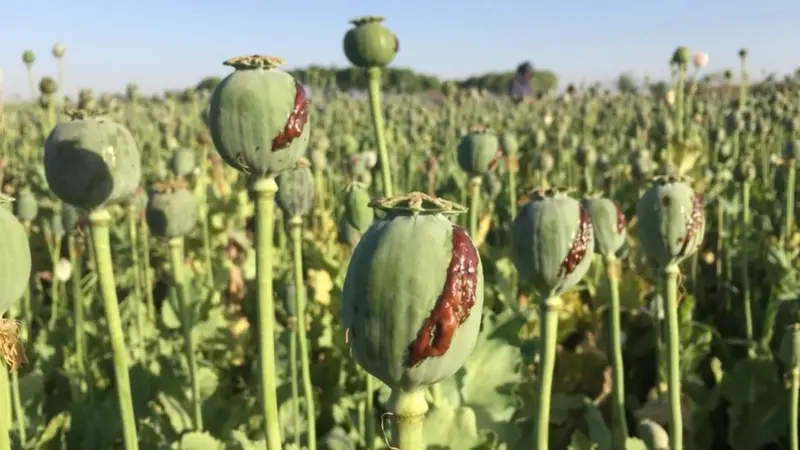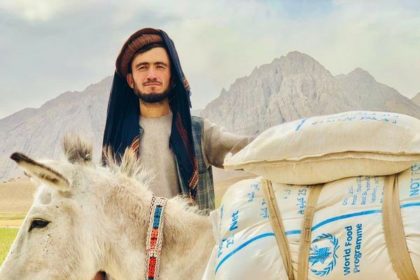RASC News Agency: The World Health Organization (WHO) has revealed that drug addiction has rendered one-third of Afghanistani families increasingly vulnerable to its devastating effects. In an official statement, the organization reported that a United Nations delegation recently visited a rehabilitation center in Kabul dedicated to treating women and children suffering from substance abuse. The statement highlighted the grave impact of drug addiction on Afghanistan society, compounded by decades of conflict and political instability.
The UN delegation, which included the Secretary-General’s Special Representative, the Deputy Secretary-General for Support Operations, and representatives from the UN Office on Drugs and Crime (UNODC), conducted the visit on Sunday, December 22. “Decades of warfare and insecurity have left countless Afghanistanis vulnerable to mental health disorders, such as anxiety and depression, which have exacerbated a national drug addiction crisis now affecting one-third of families,” the statement emphasized.
Rosa Otunbayeva, the UN Secretary-General’s Special Representative for Afghanistan, commented:
“I am profoundly inspired by the resilience demonstrated by the women and children here. This center is a beacon of hope and a testament to the power of international solidarity. Collaboration across organizations enables women and children to heal and reclaim their futures.” The WHO noted that in 2024 alone, the rehabilitation center provided services to 640 women and children, of whom 602 successfully completed their treatment programs.
Over the past two years, approximately 170,000 individuals have benefited from extensive educational and support initiatives aimed at combating drug addiction and fostering recovery. Earlier this year, the UNODC reported a 30% increase in opium production in Afghanistan compared to the previous year. Despite the Taliban’s declared ban on opium cultivation, Afghanistan produced an estimated 433 tons of opium in 2024, according to UNODC statistics. This underscores the persistent challenges in addressing the country’s drug trade, even under strict prohibitions.






